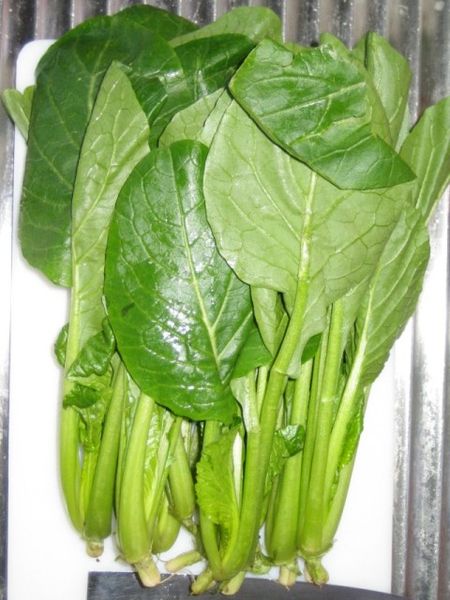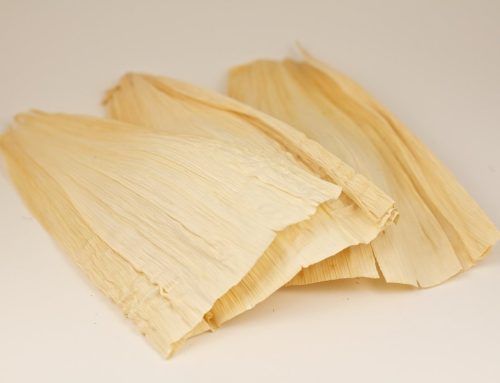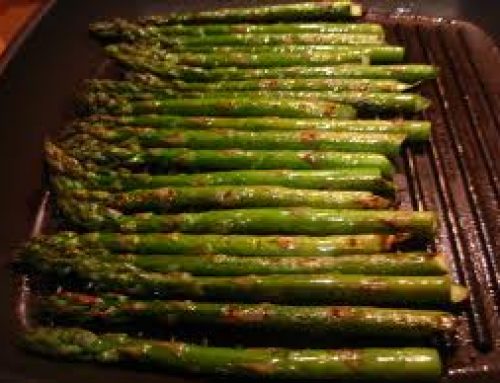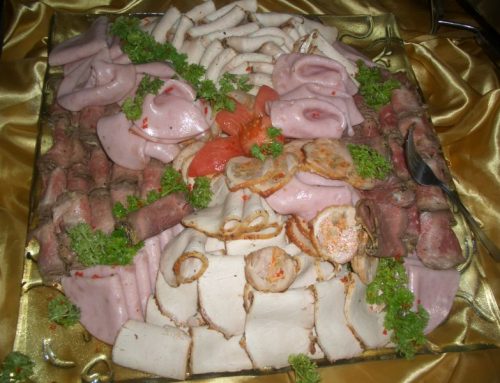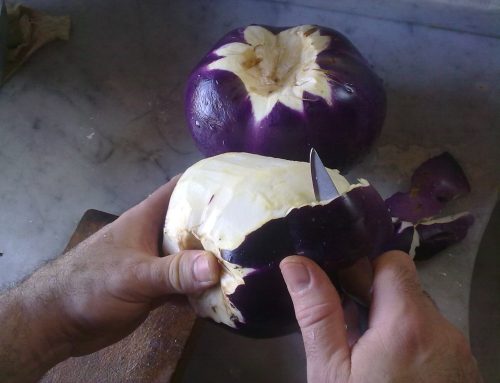Also known as komtsuna, Japanese mustard spinach is a leaf vegetable that is grown commercially in Japan and Taiwan.
It’s leaves can be eaten at any stage of their growth and it is often eaten stir fried, pickled, or added to soups or fresh salads
So can guinea pigs eat japanese mustard spinach and if they can how much of them can they eat?
Lets take a look at their nutritional data and find out a bit more about them.
In particular, we’re interested in their acidic, fat, sugar, phosphorus, and calcium content
food info and image (source: Wikipedia)
Mustard spinach, raw
Nutritional value per 100 g (3.5 oz)
Energyt92 kJ (22 kcal)
Carbohydratest3.9 g
– Dietary fibert2.8 g
Fatt0.3 g
Proteint2.2 g
Vitamin A equiv.t495 μg (62%)
Thiamine (vit. B1)t0.068 mg (6%)
Riboflavin (vit. B2)t0.093 mg (8%)
Niacin (vit. B3)t0.678 mg (5%)
Pantothenic acid (B5)t0.178 mg (4%)
Vitamin B6t0.153 mg (12%)
Folate (vit. B9)t159 μg (40%)
Vitamin Ct130 mg (157%)
Calciumt210 mg (21%)
Iront1.5 mg (12%)
Magnesiumt11 mg (3%)
Manganeset0.407 mg (19%)
Phosphorust28 mg (4%)
Potassiumt449 mg (10%)
Sodiumt21 mg (1%)
Zinct0.17 mg (2%)
as you can see Japanese mustard spinach has a little phosphorus, has a hint of fat, a large mount of calcium, and is quite acidic. However it’s vitamin c content is immense.
Because of its calcium content, it is not the best vegetable for guinea pigs to eat, which is a shame because of its vitamin c content.
It is okay for them to nibble on but not for feeding regularly because of the calcium content.
They can only eat it raw as well and not cooked in any way.

